I'm an Indian wedding planner. My top advice is to make sure the budget is aligned with both families and to invest in a day-of coordination team.
Yoonji Han

- Sushma Patel is a South Asian wedding planner and the owner of Simply Posh Events.
- Her biggest tip is setting a realistic budget and communicating that budget to families.
I'm a South Asian wedding planner who plans dozens of weddings a year. I also got married in my own big fat Indian wedding last year.
When I got engaged in 2019 is when I dove into wedding planning. I wanted to plan every little detail of my five-event, three-day big fat Indian wedding.
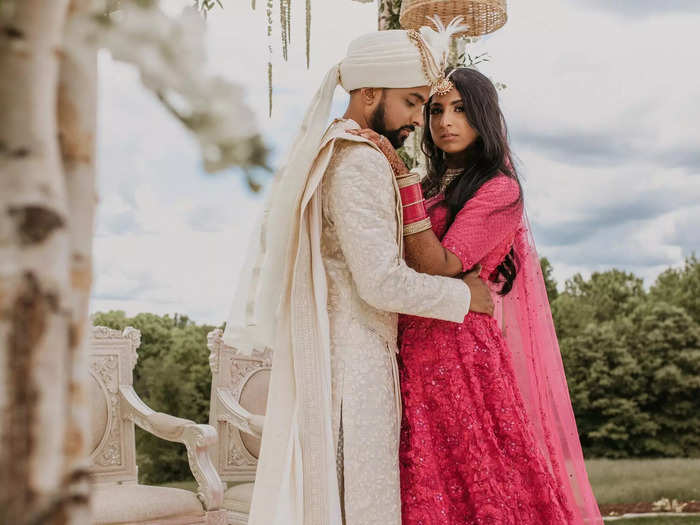
Through the process, I realized this was something I'm really good at, and started my own wedding planning company, Simply Posh Events.
Being a bride and going through the emotional and financial difficulties of wedding planning allowed me to relate to other brides so much more as a wedding planner.
South Asian weddings are often multi-event affairs that bring together two families and their cultures. I recommend planning 12 to 16 months ahead.
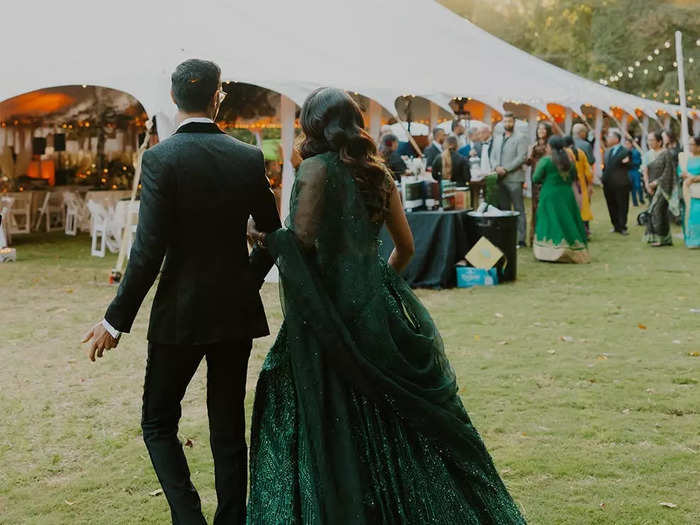
Usually the biggest events, which are the the sangeet, ceremony, and reception, will be held in a bigger venue or a hotel. And then a lot of the pre-events, like the mehndi or haldi, are held at home.
Even then, people are realizing that having an event in your own home is not so easy. You still need a wedding planner. There are table and chair rentals, linens, and staff, to name a few.
South Asian weddings are complex but a lot of fun. Having a planner you vibe with is so important.
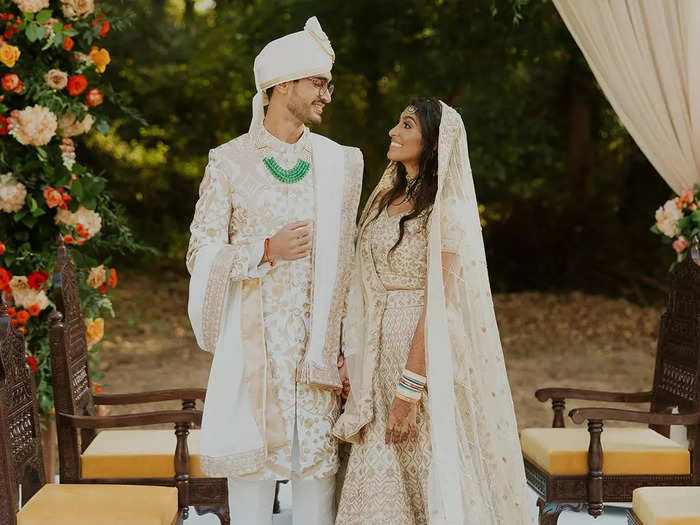
You don't want to have a planner that doesn't understand your aesthetic or the vibe you're going for. During those initial calls with your planner, make sure you click. Then the rest of the planning process goes really great.
Setting a realistic budget is super important, especially now more than ever with inflation.
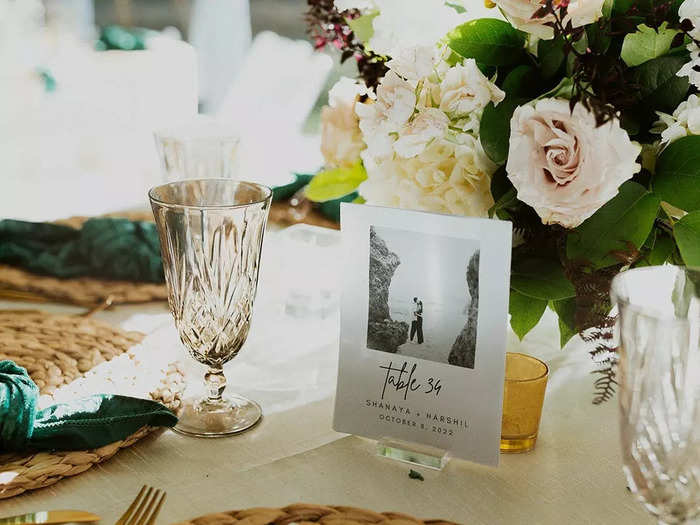
The wedding industry has definitely been affected by inflation. So the wedding you could have had in 2022, you can no longer have in 2023 or 2024 for the same price.
Communicating that budget with parents is also key to ensure both families are aligned.
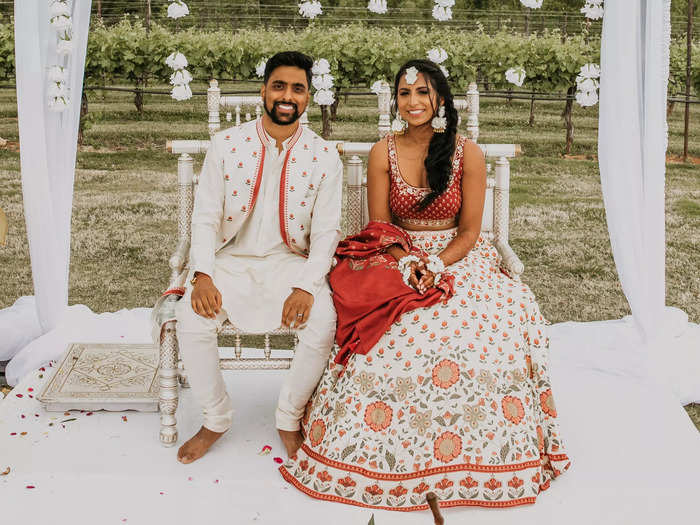
I find that the biggest stress that couples have, especially South Asian couples, is the financial aspect of weddings. With South Asian families, it's not really an expectation that the bride and groom pay for the wedding themselves — the families are helping 90% of the time.
So making sure that both families are aligned on budget is important. Sometimes, you have the groom's side who wants to do all these elaborate things, where the brides's side can't align with that.
The first vendor we start with is the venue, and then the decorator and the caterer. These usually take up the biggest chunk of your budget.
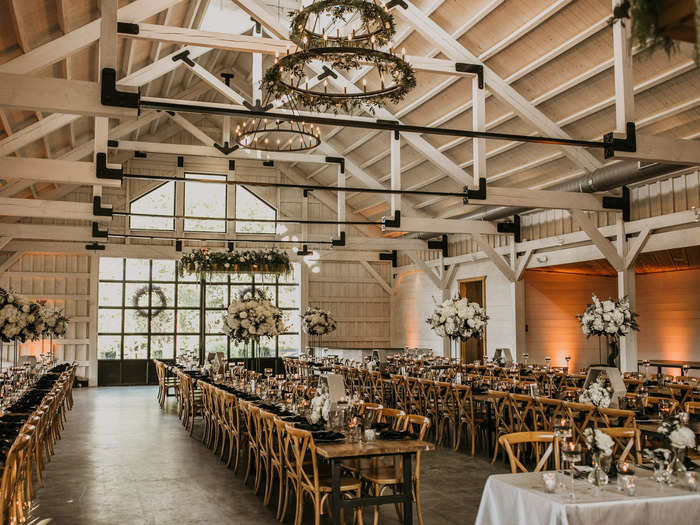
We start with the venue, basing the search on the desired location and the estimated guest count.
Once you have the venue, decor, and catering, then you know what you have left in the budget to play with when it comes to cake, DJ, and photo and video.
Take the wedding planning process step-by-step. Break things down. For example, take one week to focus on finding a photographer; get quotes from multiple people, and sit down with your fiancé to figure out where to negotiate, and so on.
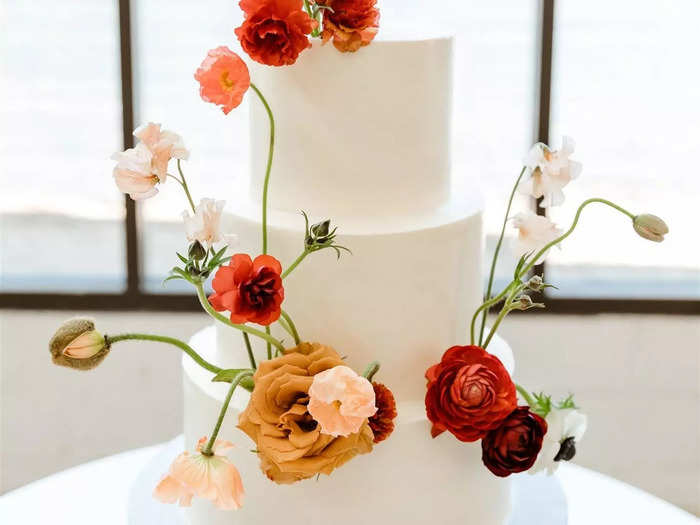
Family conflicts can be challenging. Wedding planners step in as family therapists sometimes.
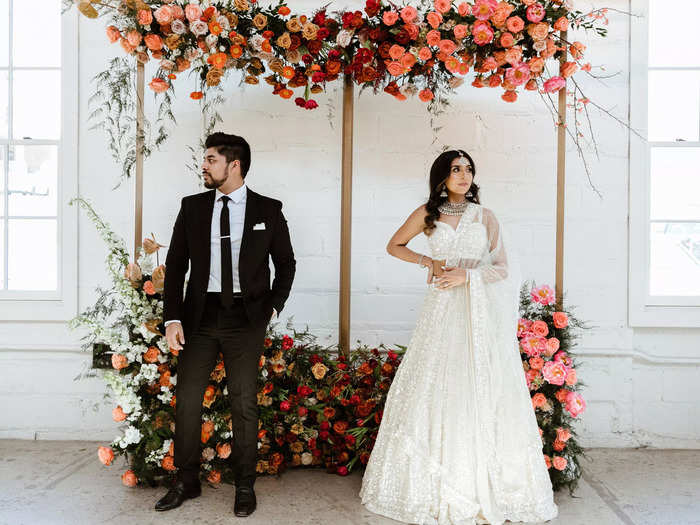
For example, the groom's side could want something that the bride's side doesn't want. As planners, we see those family difficulties all the time, but it's something that families just have to mediate.
Sometimes we even have to work as family therapists of sorts to get everyone on a call and say, "Alright, this is the reality of the situation. We need some decisions here."
Having a strong day-of coordination team is something everyone needs, whether you have 500 people at your wedding or 100.
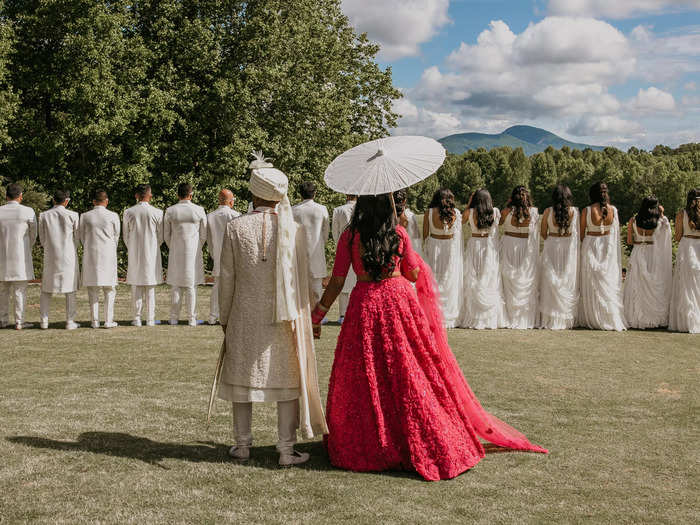
Even if you don't hire a wedding planner, having a strong coordination team is so important. It's not your job or your parents' job or really anyone else who's attending the wedding's job to make sure the timeline is going according to plan, or to deal with any issues that come up with vendors.
Every single day, there's going to be some minor issue, but the goal of your coordination team is to make sure the issue is resolved as quickly as possible, and that it doesn't get back to the bride and groom so they're not stressed about it.
A common mistake is not communicating certain cultural components that need to happen at the events to the coordination team. The more you can tell your coordination team, the better everything is going to go.
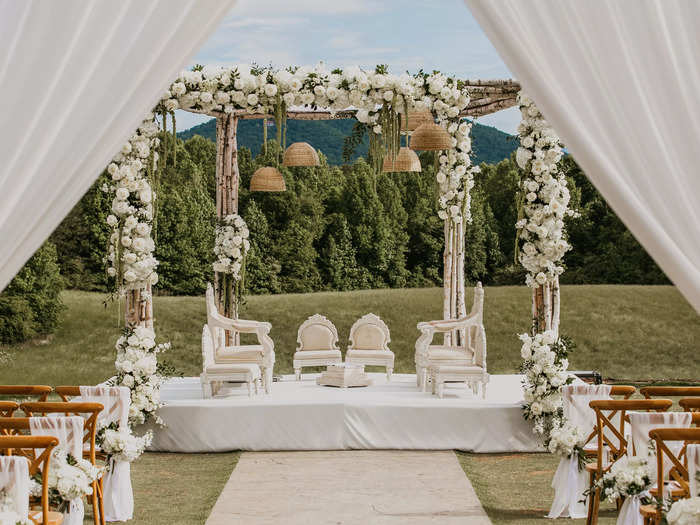
Sometimes when my team is on site, we're doing everything according to the timeline, and the bride's mom will ask for something that she didn't even tell the bride.
That's an issue we see in South Asian weddings. There's a lot happening at one time, so we're used to the chaos, but we try to minimize it as much as possible. The only way to do that is getting all of the information before the wedding events.
At the end of the day, just be yourself and have the most fun, because that sets the tone of the entire wedding.
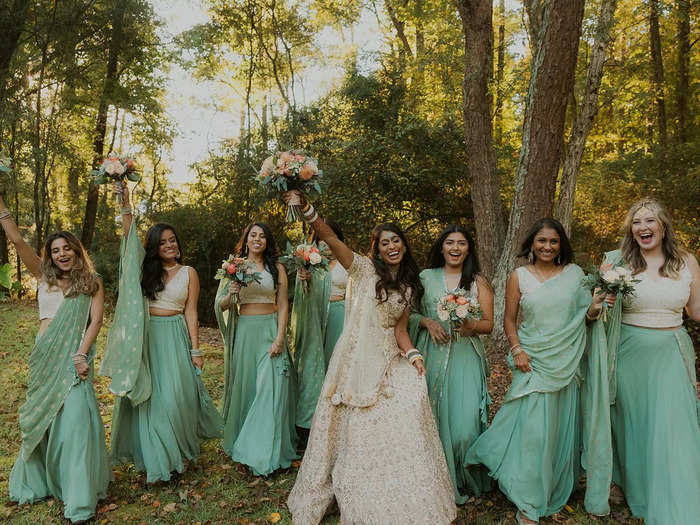
In the final two weeks before the wedding, I tell all of my couples to be themselves. Be on the dance floor, because your guests are going to grab the energy that you're putting out there. I see couples that are on the dance floor all the time and the wedding energy is completely different from the couple that doesn't want to participate with their guests.
Popular Right Now
Popular Keywords
Advertisement